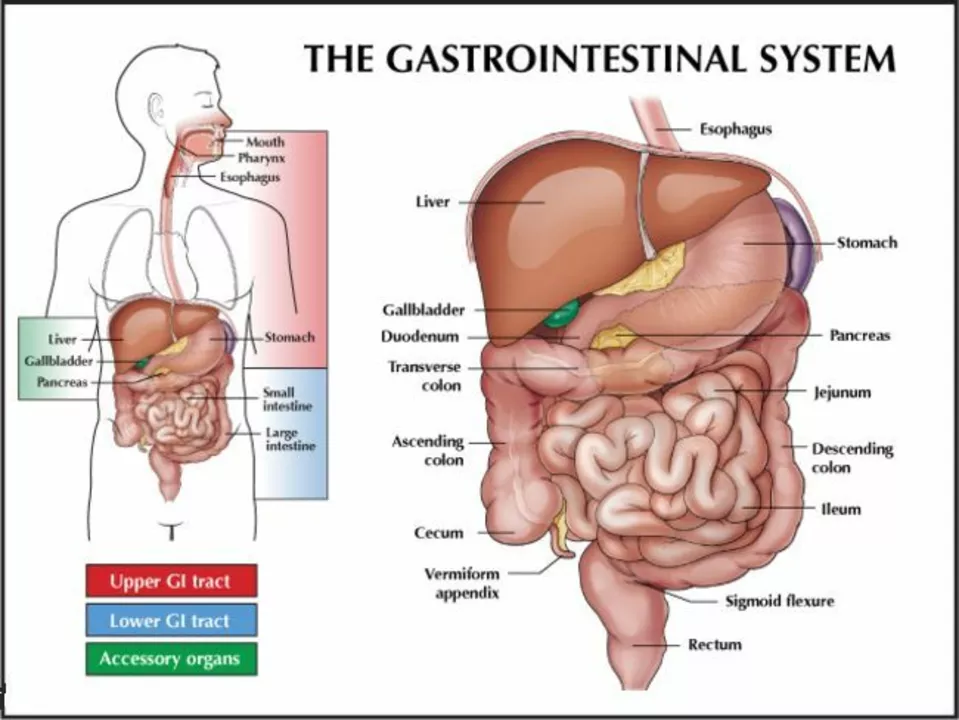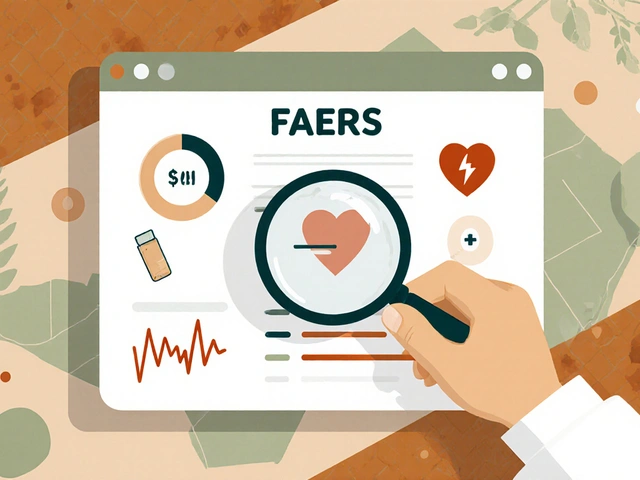Gastrointestinal System: Practical Gut Health & Medication Guide
Stomach pain, bloating, diarrhea or constipation — the gastrointestinal system affects your whole day. You don’t need medical school to take better care of your gut. This page gathers clear, useful advice: home fixes that work, when to see a doctor, common GI medicines and safe ways to get prescriptions online.
Quick home fixes for common GI problems
For a simple upset stomach, try a hot cup of ginger or chamomile tea. Ginger eases nausea and chamomile calms cramps; fennel tea helps bloating. Sip slowly and avoid sugary or carbonated drinks for a few hours. If you’re constipated, add water, fibre (oats, prunes) and gentle movement — a short walk often helps. For mild diarrhea, stay hydrated with electrolyte drinks and stick to bland foods like bananas, rice and toast while symptoms settle.
Use over-the-counter options carefully: antacids for heartburn, loperamide for short-term diarrhea, and polyethylene glycol for short bouts of constipation. If antacids help only briefly or symptoms return quickly, that’s a sign to see a clinician.
When to see a doctor, and which meds are common
See a doctor if you have severe pain, fever, unexplained weight loss, bloody stools, or sudden trouble swallowing. Also get checked when symptoms don’t improve after a few days or keep coming back.
Some commonly prescribed medicines for GI problems include antibiotics for bacterial infections (like those used instead of Flagyl or Zithromax in certain cases), proton pump inhibitors for reflux, and medications for IBS or motility issues. Diabetes drugs like metformin can cause GI side effects for some people — if that’s you, talk to your clinician about alternatives or dose changes.
Antibiotics and prescription drugs matter: wrong choice or misuse can make things worse. If you’re curious about alternatives (for example, to Flagyl, Zithromax or metformin), check credible guides and discuss options with your prescriber.
Buying meds online can be convenient, but safety comes first. Only use pharmacies that require a prescription, show a physical address and have obvious contact details. Avoid sellers that push drugs without asking about your health or offer huge discounts with no paperwork. When in doubt, call your local pharmacist or ask your doctor for a trusted online option.
On this site you’ll find practical articles: herbal tea recipes for upset stomachs, antibiotic alternatives for specific infections, and how to safely buy meds like cefixime or Vytorin online. Read those guides to match simple home care with smart medical choices. Your gut will thank you for small, steady steps — better hydration, sensible food choices, and asking for help when things don’t settle down.










